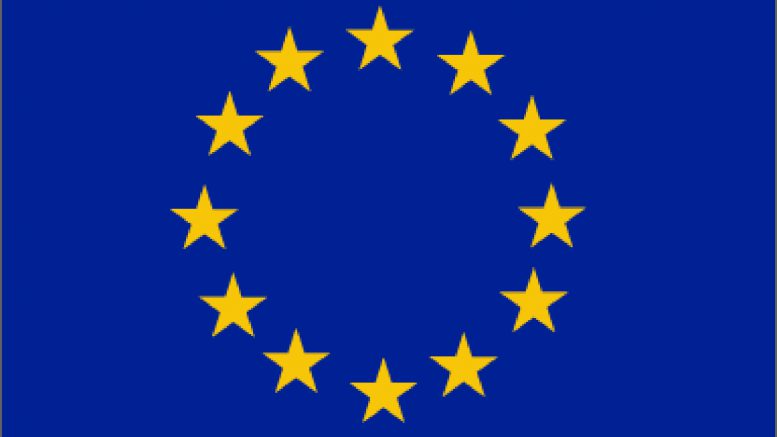Today’s European Union needs both salvation and radical reinvention. Saving the EU must take precedence, because Europe is in existential danger. But, as French President Emmanuel Macron emphasized during his election campaign, reviving the support that the EU used to enjoy is no less essential.
The existential danger the EU faces is partly external. The Union is surrounded by powers that are hostile to what it stands for – Vladimir Putin’s Russia, Recep Tayyip Erdoğan’s Turkey, Abdel Fattah el-Sisi’s Egypt, and the America that Donald Trump would create if he could.
But the threat also comes from within. The EU is governed by treaties that, following the financial crisis of 2008, became largely irrelevant to conditions prevailing in the eurozone. Even the simplest innovations necessary to make the single currency sustainable could be introduced only by intergovernmental arrangements outside the existing treaties. And, as the functioning of European institutions became increasingly complicated, the EU itself gradually became dysfunctional in some ways.
The eurozone in particular became the exact opposite of what was originally intended. The EU was meant to be a voluntary association of like-minded states that were willing to surrender part of their sovereignty for the common good. After the 2008 financial crisis, the eurozone was transformed into an arrangement whereby creditor countries dictated terms to debtor countries that couldn’t meet their obligations. By dictating austerity, the creditors made it practically impossible for the debtors to grow their way out of their liabilities.
If the EU carries on with business as usual, there is little hope for improvement. That is why the Union needs to be radically reinvented. The top-down approach that Jean Monnet used to launch European integration in the 1950s carried the process a long way, before losing momentum. Now Europe needs a collaborative effort that combines the EU institutions’ top-down approach with the bottom-up initiatives needed to engage the electorate.
Consider Brexit, which is certain to be immensely damaging to both sides. Negotiating the separation with Britain will divert the EU’s attention from its own existential crisis, and the talks are bound to last longer than the two years allotted to them. Five years seems more likely – an eternity in politics, especially in revolutionary times like the present.
The EU should therefore approach the Brexit negotiations in a constructive spirit, recognizing the unpredictability of the future. During the prolonged “divorce” process, the British public could decide that being part of the EU is more attractive than leaving it. But this scenario presupposes that the EU transforms itself into an organization that other countries such as Britain want to join, and that people on both sides of the English Channel have a change of heart.
The chances that both conditions will be met are slim, but not zero. It would require EU-wide recognition that Brexit is a step toward European disintegration – and thus a lose-lose proposition. By contrast, making the EU attractive again would give people, particularly the younger generations, hope for a better future.
Such a Europe would differ from the current arrangement in two key respects. First, it would clearly distinguish between the EU and the eurozone. Second, it would recognize that the eurozone is governed by outdated treaties, and that its governance cannot be altered because treaty change is impossible.
The treaties assert that all member countries are expected to join the euro if and when they qualify. This has created an absurd situation where countries like Sweden, Poland, and the Czech Republic have made it clear that they have no intention of joining the euro, yet they are still described and treated as “pre-ins.”
The effect is not purely cosmetic. The EU has become an organization in which the eurozone constitutes the inner core and the other members are relegated to an inferior position. This must change. The euro’s many unresolved problems must not be allowed to destroy the EU.
The failure to clarify the relationship between the euro and the EU reflects a broader defect: the assumption that various member states may be moving at different speeds but are all headed toward the same destination. In fact, a rising proportion of member states have explicitly rejected the claim of “ever closer union.”
Source: atimes.com



Be the first to comment at "“Battle” for Europe"